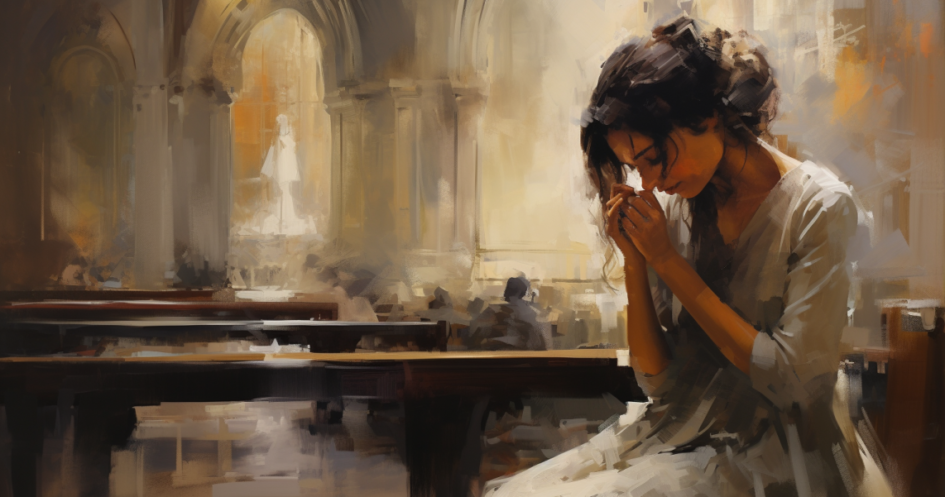The problem of pain has long perplexed philosophers, theologians, and thinkers throughout history. How can a loving and all-powerful God allow suffering and pain to exist in the world? This profound question has led to a variety of theological and philosophical responses. Among these responses, the Catholic Church offers a unique perspective that seeks to address this challenging issue while emphasizing the importance of faith, redemption, and free will.
The Problem of Pain: An Age-Old Dilemma
The problem of pain, often referred to as theodicy, questions the existence of suffering and evil in a world created by an omnipotent and benevolent God. It has been a subject of contemplation for centuries, with various religious traditions and philosophers attempting to provide answers.
The Catholic Church acknowledges the reality of suffering and pain but places it within a broader theological context. It emphasizes that God did not create suffering but allowed for free will, an essential aspect of human nature. This free will enables individuals to make choices, some of which may lead to suffering. The Church teaches that God’s gift of free will is a profound expression of His love for humanity.
The Role of Redemption: Christ’s Sacrifice
Central to the Catholic response to the problem of pain is the belief in redemption through Jesus Christ. Catholics believe that through Christ’s suffering, death, and resurrection, humanity has been offered the possibility of salvation and eternal life. The suffering of Christ on the cross is seen as a profound act of divine love, providing hope and meaning in the face of human suffering. Through our suffering, we are able to partake in redemption.
As Paul wrote in his letter to the Colossians, “I am now rejoicing in my sufferings for your sake, and in my flesh, I am completing what is lacking in Christ’s afflictions for the sake of his body, that is, the church” (Col 1:24)
The Importance of Free Will: A Gift and a Responsibility
The Catholic Church firmly upholds the importance of human free will. While this gift allows individuals to choose between good and evil, it also demands responsibility. Catholics believe that human suffering often arises from the misuse of free will, as individuals make choices that lead to harm, both for themselves and others. But without free will, humans wouldn’t be able to love. God gave us the ability to do evil so that we had the ability to love.
A Call to Compassion and Action
Rather than viewing suffering as a theological dilemma, the Catholic Church encourages believers to see it as an opportunity for compassion and solidarity. Acts of charity and assistance to those in need are seen as a response to the call of Christ to love one’s neighbor.
Many Catholic saints are celebrated for their acceptance of suffering and their willingness to unite it with Christ’s sacrifice. St. Thérèse of Lisieux, for example, referred to her illness as her “Little Way” and offered her suffering for the conversion of sinners.
Conclusion: Finding Meaning in Suffering
The problem of pain remains a complex and deeply philosophical issue. The Catholic perspective offers a framework that acknowledges the reality of suffering while emphasizing the transformative power of faith, redemption, and free will. It invites individuals to confront suffering with compassion and to seek meaning in the midst of life’s challenges, trusting in the hope of Christ’s sacrifice and the promise of eternal life.
 The Libertarian Catholic
The Libertarian Catholic
















